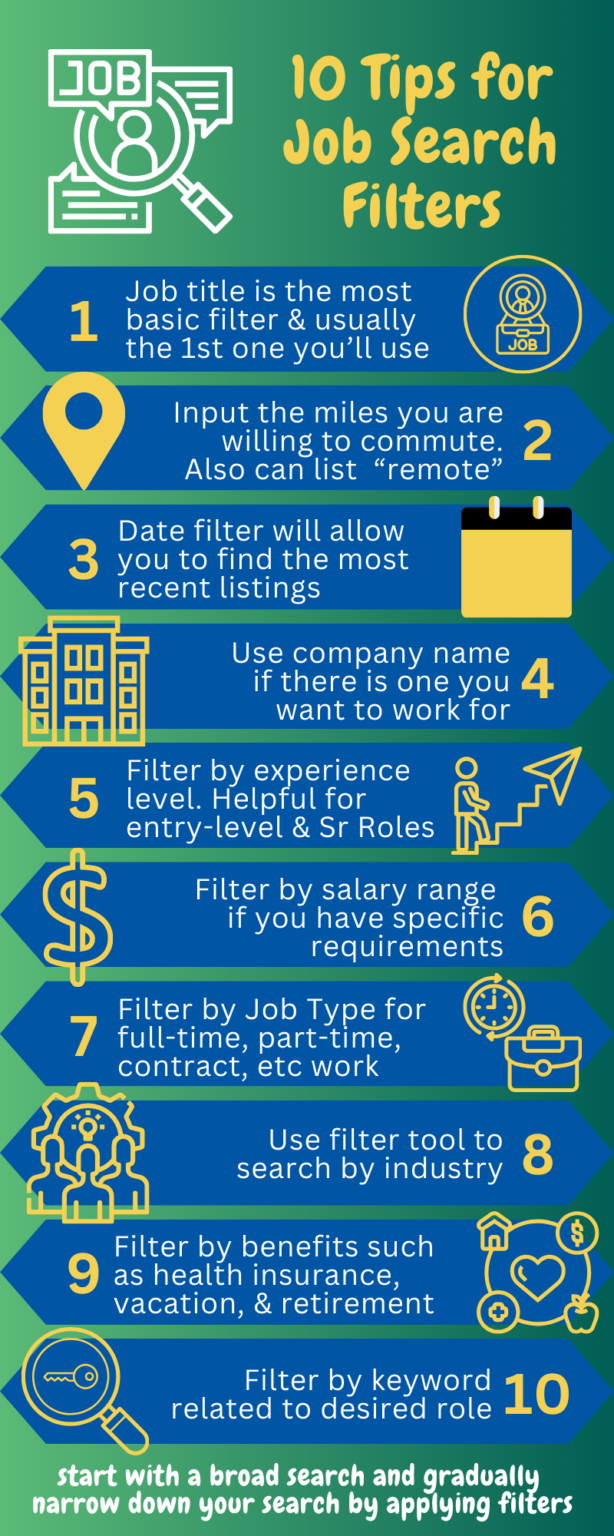Navigating the Job Market: The Power of Geographic Search
Related Articles: Navigating the Job Market: The Power of Geographic Search
Introduction
With enthusiasm, let’s navigate through the intriguing topic related to Navigating the Job Market: The Power of Geographic Search. Let’s weave interesting information and offer fresh perspectives to the readers.
Table of Content
Navigating the Job Market: The Power of Geographic Search

The job market is a vast and dynamic landscape, and finding the right opportunity often feels like searching for a needle in a haystack. However, a powerful tool exists to streamline this process and empower job seekers: geographic search. This method allows individuals to pinpoint specific locations and filter job listings based on proximity, opening a world of possibilities and enhancing the job search experience.
The Advantages of Geographic Search
Geographic search offers a multitude of benefits for job seekers, making it an invaluable tool in the contemporary job market:
1. Focused and Efficient Search: By specifying a location, job seekers can eliminate irrelevant listings and focus on opportunities within their desired geographic area. This significantly reduces the time spent sifting through irrelevant results, leading to a more efficient and targeted search.
2. Enhanced Visibility of Local Opportunities: Many job postings, particularly those for local businesses or positions with regional restrictions, may not be widely advertised online. Geographic search tools often access local databases and specialized job boards, revealing hidden opportunities that might otherwise go unnoticed.
3. Understanding the Local Job Market: Using geographic search allows job seekers to gain valuable insights into the local job market. By analyzing job postings, salaries, and company profiles within a specific region, individuals can understand the demand for specific skills, identify potential employers, and assess the overall competitiveness of the market.
4. Identifying Commuting Options: For individuals concerned about commute times and travel expenses, geographic search tools often integrate with mapping services, providing real-time estimates and visual representations of commute distances. This enables informed decision-making regarding potential job locations, factoring in practicality and personal preferences.
5. Exploring New Locations: For those seeking a change of scenery or considering relocation, geographic search offers a powerful way to explore job opportunities in different regions. By visualizing job postings on a map, individuals can discover new cities, understand the local job market, and assess the potential for career growth in new locations.
Types of Geographic Search Tools
Various platforms and tools offer geographic search capabilities, catering to different needs and preferences:
1. Job Boards and Aggregators: Major job boards like Indeed, Monster, and CareerBuilder incorporate geographic search functionalities. These platforms allow users to filter listings by city, state, or even zip code, providing a comprehensive overview of available opportunities within a chosen area.
2. Specialized Job Boards: Industry-specific job boards, such as LinkedIn, Dice, and Glassdoor, also offer geographic search capabilities. These platforms cater to specific professions, allowing job seekers to refine their search based on their field of expertise and location.
3. Mapping Services: Mapping platforms like Google Maps and Apple Maps have incorporated job search features. These services allow users to visualize job postings directly on the map, providing a clear understanding of their location and proximity to other points of interest.
4. Company Websites: Many companies post job openings directly on their websites, often incorporating geographic search filters. This allows job seekers to access specific opportunities within a particular company, bypassing the need to search through multiple platforms.
5. Social Media Platforms: Social media platforms like LinkedIn and Facebook have become increasingly popular for job searching. These platforms often incorporate location-based filters, allowing users to connect with professionals and discover relevant job openings within their desired geographic area.
Tips for Effective Geographic Search
To maximize the effectiveness of geographic search, consider these tips:
1. Define Your Search Radius: Carefully consider the maximum distance you are willing to commute. Setting a realistic radius ensures that you are not overwhelmed with irrelevant listings and helps you focus on opportunities within your desired travel range.
2. Explore Different Search Terms: Use various keywords and phrases related to your profession, industry, and desired job title. This will broaden your search and uncover opportunities you might have missed using standard search terms.
3. Utilize Advanced Filters: Most geographic search tools offer advanced filters, such as salary range, company size, and job type. Leverage these filters to refine your search and identify opportunities that align with your specific criteria.
4. Stay Updated: The job market is constantly evolving. Regularly update your search criteria and explore new job boards and platforms to stay informed about the latest opportunities.
5. Network Locally: Attend industry events, join professional organizations, and connect with individuals in your target geographic area. Networking can open doors to hidden opportunities and provide valuable insights into the local job market.
Frequently Asked Questions (FAQs)
Q: What are the limitations of geographic search?
A: While powerful, geographic search has limitations. Some job postings may not specify exact locations, making it difficult to filter based on proximity. Additionally, some opportunities may be remote, requiring minimal geographic consideration.
Q: How can I find remote job opportunities using geographic search?
A: Many job boards and platforms allow filtering for remote positions. Additionally, specialized websites and resources dedicated to remote work can be valuable for identifying remote job opportunities.
Q: Is geographic search suitable for all job seekers?
A: Geographic search is particularly valuable for individuals seeking local or regional opportunities, those concerned about commute times, and those exploring relocation options. However, it may not be as crucial for those seeking remote work or opportunities with minimal geographic restrictions.
Conclusion
Geographic search is a powerful tool that empowers job seekers by enabling focused, efficient, and targeted searches. By leveraging its capabilities, individuals can gain valuable insights into the local job market, discover hidden opportunities, and make informed decisions regarding their career paths. In a dynamic and competitive job market, geographic search provides a crucial advantage, enhancing the job search experience and increasing the likelihood of finding the perfect opportunity.








Closure
Thus, we hope this article has provided valuable insights into Navigating the Job Market: The Power of Geographic Search. We thank you for taking the time to read this article. See you in our next article!